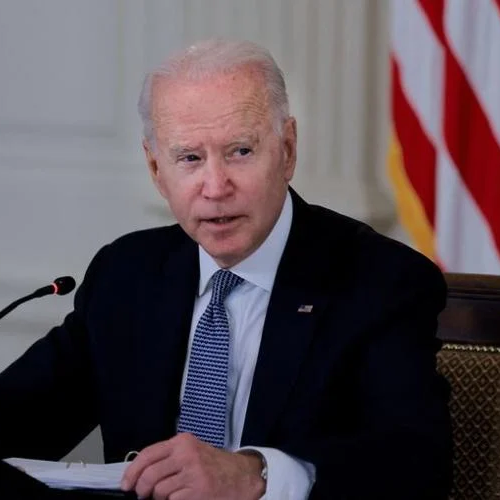In a dramatic announcement just days before a leadership transition, President Joe Biden revealed plans to remove Cuba from the U.S. terrorism blacklist and ease sanctions on the island. These measures aim to reverse strict policies enacted years earlier and pave the way for improved relations between the two nations.
The removal of Cuba from the “state sponsor of terrorism” list would lift significant restrictions, including limits on financial assistance and trade. This designation, imposed in the past, has long been a source of tension. Biden also plans to revoke financial restrictions on Cuban military- and government-linked businesses, giving the Cuban economy room to recover from its worsening crisis.
Another key change includes blocking individuals from filing lawsuits under an old U.S. law against companies tied to properties seized in the Cuban revolution. By removing this threat, Biden hopes to ease tensions over long-standing property disputes.
A senior official explained that these steps are critical to rebuilding trust, addressing humanitarian concerns, and creating an environment for future democratic reforms in Cuba.
Cuba’s Sanctions Crisis: A Powerless Nation Faces Dire Consequences
Cuba Announces Prisoner Release
In a parallel development, Cuba’s government announced plans to release 553 prisoners. This move came shortly after Biden’s announcement and followed discussions with Vatican officials, who have been instrumental in previous negotiations between the U.S. and Cuba.
Cuba’s president described the release as a humanitarian gesture, though it remains unclear if the prisoners include those detained during large-scale protests in 2021. These protests, the largest since the Cuban revolution, erupted over severe shortages of food, medicine, and electricity. Hundreds of people were arrested, drawing widespread criticism from international human rights groups.
Cuban authorities maintain that those arrested were involved in serious crimes such as vandalism and sedition, but rights advocates argue that many were peaceful demonstrators unfairly imprisoned. The prisoner release is being seen as a step toward reducing tensions, though questions remain about its timing and scope.
Mixed Reactions to Biden’s Decision
Biden’s policy shift has sparked a mix of hope and criticism. Supporters see it as a chance to mend fractured U.S.-Cuba relations and provide relief to an island facing a crippling economic crisis. Opponents argue that easing sanctions without significant reforms in Cuba may strengthen its current government while leaving key issues unresolved.
Cuba’s government has welcomed the announcement but warned that the U.S. economic blockade, in place since the Cold War, remains a significant obstacle. The blockade, combined with recent sanctions, has caused shortages of essential goods like food, fuel, and medicine, pushing many Cubans to leave the country. Over a million Cubans have migrated in the last few years, many heading to the U.S.
100+ Venture Capitalists Lead by Marc Cuban Pledge Support to Kamala Harris in Elections 2024
While Biden’s measures provide temporary relief, the Cuban government has called for more permanent changes, particularly the lifting of the U.S. trade embargo.
Debates Over Terrorism Designation
The decision to remove Cuba from the terrorism blacklist has reignited debate. Several years ago, Cuba was placed on the list for allegedly harboring fugitives and supporting international rebel groups. The designation carries serious consequences, including bans on U.S. financial aid and trade.
Cuba has consistently denied the allegations, calling them politically motivated. Biden officials conducted a review and found no credible evidence that Cuba currently supports terrorism, which formed the basis for the decision to remove it from the list.
However, some critics argue that the move could overlook past actions and diminish pressure on Cuba to address human rights issues. Others believe it represents an overdue correction of a designation based on outdated claims.
Cuban leaders have cautiously welcomed the change but remain skeptical. They view the broader U.S. policy toward the island, including the economic embargo, as evidence of ongoing “economic warfare.” Despite these concerns, the removal from the terrorism list is expected to provide some immediate economic relief and reduce barriers to international trade.
Both announcements come at a pivotal moment for U.S.-Cuba relations. With leadership changes on the horizon, the future of these measures remains uncertain. For now, Biden’s actions represent a significant shift, reopening conversations about diplomacy and engagement with Cuba.


